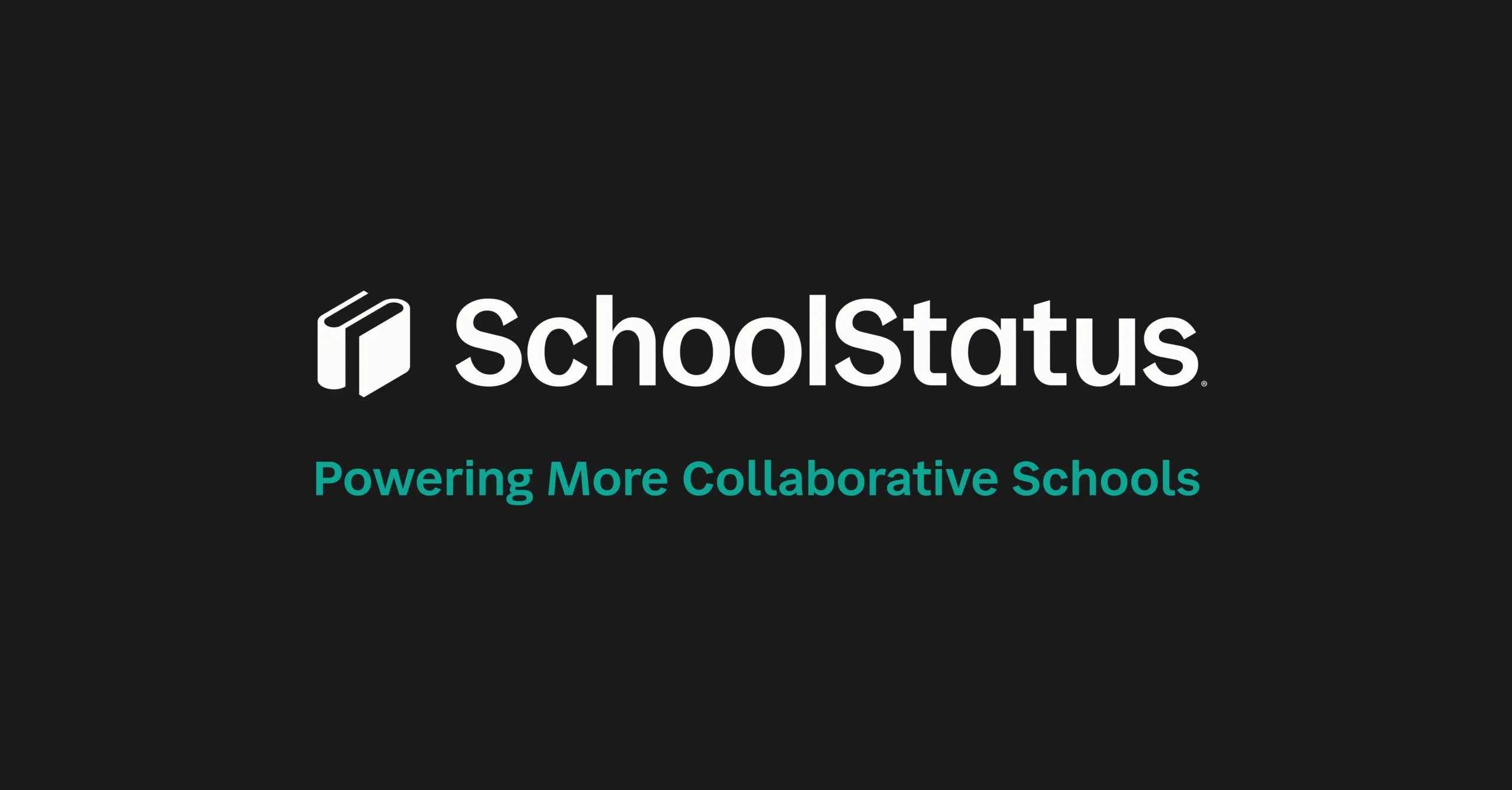Our friend Jin-Soo Huh of KIPP Chicago wrote an insightful piece for EdSurge about his return to the classroom. You should read it. He is the Director of Technology, but he put his teaching hat back on for a middle school math class.
Reading his reflections brought me back to my days as a middle school history teacher and, later, an instructional technology specialist. I wanted share my perspective as someone who left the classroom for an edtech startup.
Jin-Soo makes five key points, which deserve to be repeated. I’ll just add some additional commentary of my own:
Innovating is hard work, and teaching is already hard work.
Spot on. Inside schools, instructional technologists and forward-thinking administrators serve the vital role of panning for tech-integration gold and sharing the wealth with teachers. It’s a full-time job; teachers shouldn’t be expected to do it on their own. Of course, technology can help, too.
Our vision for the TeachBoost Library is to simplify this sharing of best practices:
- Instructional leaders capture video of exemplary, innovative practices in one class while doing an observation in TeachBoost,
- Then, they catalog that video in the Library, nested under the appropriate tag.
- Finally, when another teacher has a goal, next step, or a piece of feedback tagged in the same way, the instructional leader can show a teacher what best practice looks like, using the video captured earlier.
Teachers can’t also be gold-miners. Instructional leaders, armed with great technology, bear that responsibility. Let the teachers teach!
Students are a huge variable.
Jin-Soo’s point here is well-taken. Early in my teaching career, I helped lead an initiative to roll out project-based learning throughout an otherwise traditional middle school. It wasn’t the teachers who struggled the most; rather, it was the students, especially the highest achieving ones. (I wrote about this experience in depth here.) Students learn to play school a certain way, because that’s how we’ve coached them. We can’t change the game on them and expect them to know the rules. Change needs to be gradual for all involved.
The same principle informs us as we build technology: we want to transform instructional leadership, but we need to provide the tools that help educators get from point A to B.
Talk to students about their experiences with edtech.
Soliciting feedback from students empowers them to think and act like thoughtful, judicious adults. Since they’re the ultimate “buyer” of whatever a school is selling, it behooves schools to understand their thinking. Just like edtech companies must constantly solicit feedback from schools, schools ought to solicit feedback from students. It’s just good business! And, as any teacher can attest, the kids call nonsense better than any adult in the world.
Leveraging data is still a big question mark.
This claim is near and dear to our hearts at TeachBoost, and something I sympathize with deeply from my teaching days. Schools have piles and piles of data. Typically, the data is reported in exhausting dashboards that can be used to justify just about any imaginable conclusion. At TeachBoost, we’re working hard to make data reporting digestible and actionable for everyone; you shouldn’t need a data science degree to understand how your teachers and students are performing. We think our data reporting makes great progress in this regard, but there’s always more to be done.
An instructional technology position is important
Yes, yes, yes! I recommend you read Jin-Soo’s rationale in full on this issue especially, but I’ll just add my two cents briefly: teachers jobs are hard enough. Let a geek like me test out all the new software, find the blogs about innovative instruction, and go to conferences to swap best practices. Let the teachers have someone to lean on when they try something new in a classroom. Simply, tech integrationists can make a very difficult process much easier.
I appreciate the insights Jin-Soo offered, and I hope the takeaways serve as lessons to all of us. Technology integration is hard, important work; those of us not teaching should be doing everything we can to make it easier for teachers. We are certainly trying!










